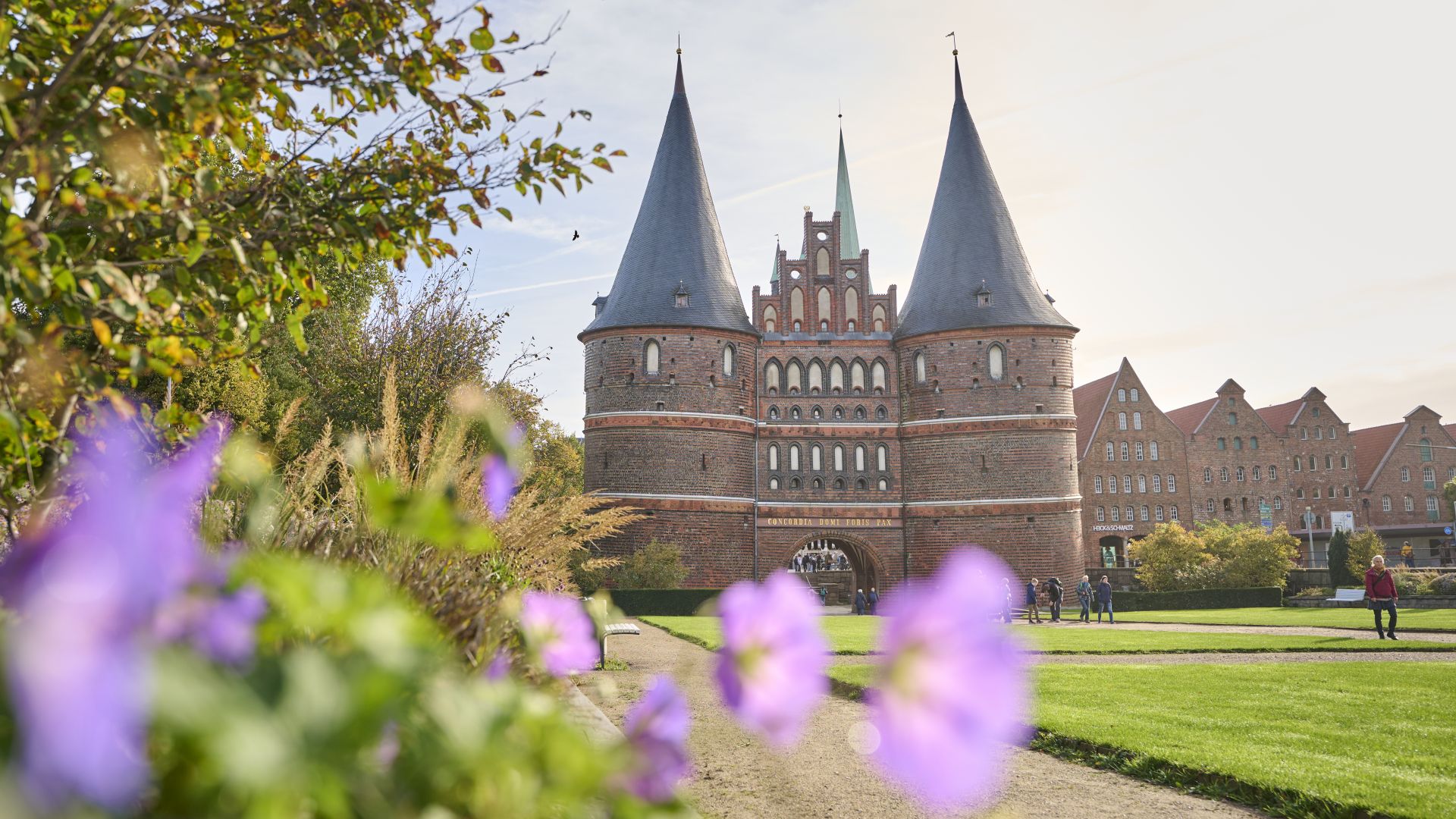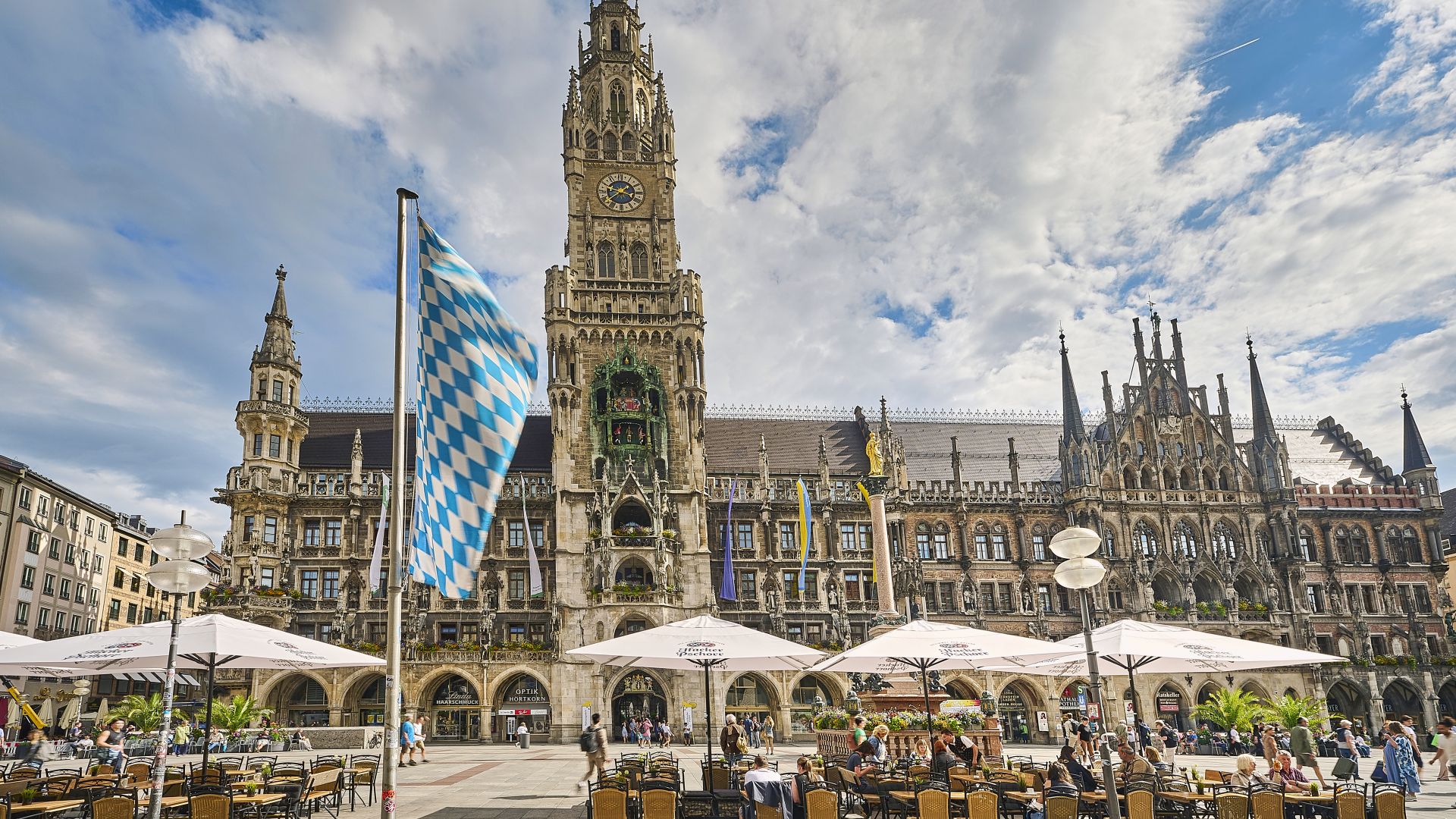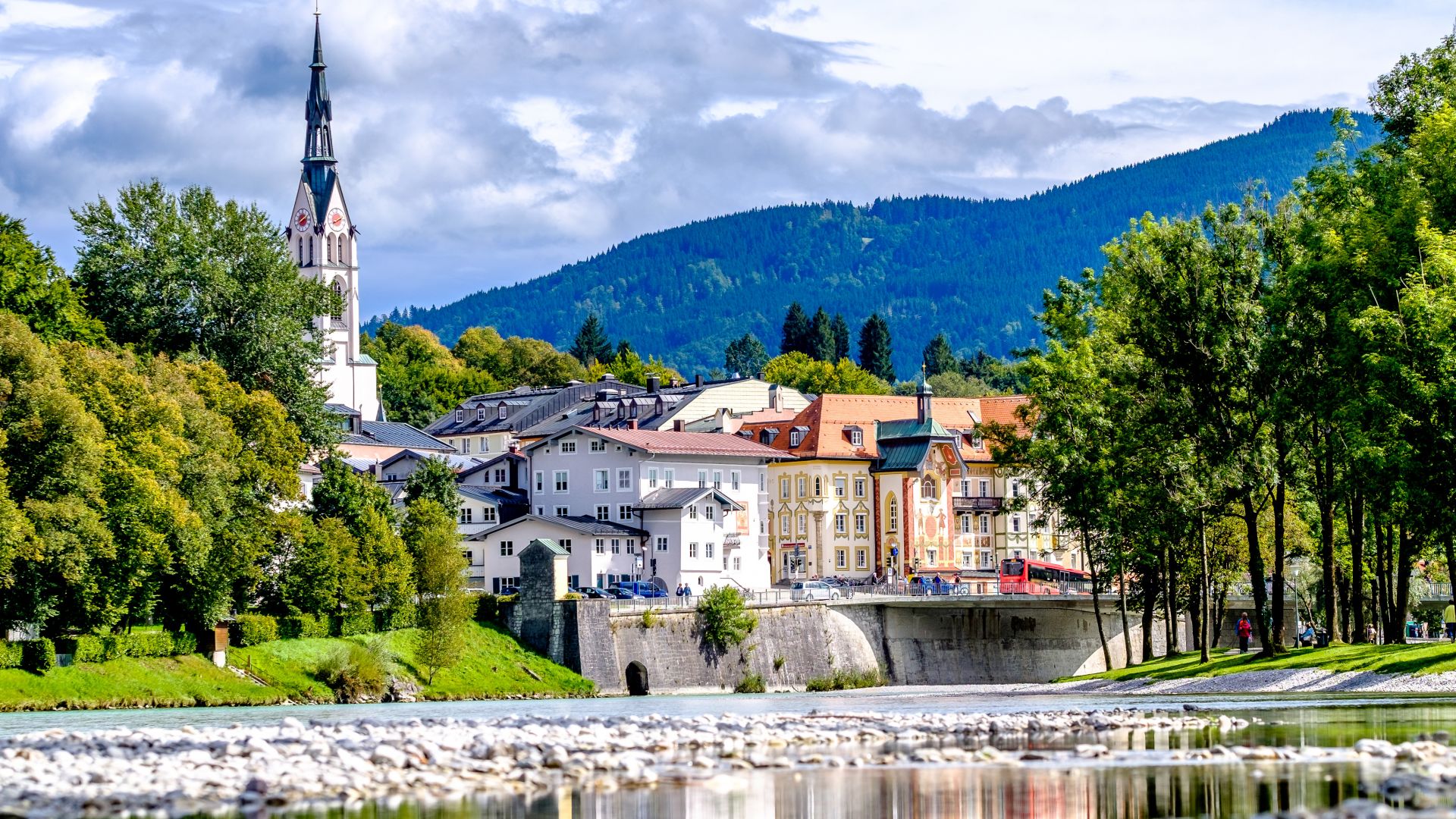Inspiring Germany
150 years of Thomas Mann – a literary quest
2025 marks the 150th anniversary of Thomas Mann's birth. What better reason to follow in the footsteps of this Nobel Prize winner! After all, his life and work not only offer plenty of inspiration for bookworms, but also draw people to three fascinating travel destinations.
'Buddenbrooks', 'The Magic Mountain', 'Confessions of Felix Krull': these and other works make Thomas Mann one of the most important storytellers of the 20th century. But as much as he deserved recognition and the Nobel Prize for Literature, Mann was more than 'just' a gifted author of grandiose social novels. He was an intellectual historian of his time, a staunch democrat and a political admonisher. He fought against National Socialism and championed humanitarian ideas. For this reason alone, Thomas Mann doesn't just represent a piece of literary history, but a living culture. This can be traced in three German cities in particular: Lübeck tells of his origins and Hanseatic rigour, Munich of splendour, spirit and political responsibility, Bad Tölz of relaxation and inspiration.
Lübeck: birthplace and literary foundations
 Lübeck: Holsten Gate with park
©DZT (Jens Wegener)
Lübeck: Holsten Gate with park
©DZT (Jens Wegener)
Thomas Mann was born in this Hanseatic city on 6 June 1875, and his family home at Mengstraße 4 has been a mecca for literature fans from all over the world since 1993: the Buddenbrookhaus, named after Mann's first great novel, has stood on this site ever since. However, it is currently undergoing renovation and is not expected to reopen until 2030. However, the 'Heinrich-and-Thomas-Mann-Centre' remains open with its museum shop and information centre, 'Buddenbrooks am Markt'. There are also regular guided tours with readings and anecdotes throughout the UNESCO World Heritage Old Town. It is Lübeck's Old Town which provides the atmospheric setting for many scenes in the Buddenbrooks novel. A stroll through the Gängeviertel, a visit to the cathedral or a look at the Holsten Gate – everything emphasises how strongly this city influenced Mann's work.
Munich: city of inspiration and change
 Munich: Town hall with carillon on Marienplatz
©DZT (Jens Wegener)
Munich: Town hall with carillon on Marienplatz
©DZT (Jens Wegener)
However, Mann spent most of his life in Munich. Not only was a large proportion of his work created there, but so was his reputation as an intellectual with an upper-class habitus. At the time, the Bavarian capital was a centre of art, culture and political debate – and Mann was right at the heart of it. If you'd like to follow in his footsteps, you can visit his home addresses at Franz-Joseph-Straße 2 and Mauerkircherstraße 13 in Bogenhausen. The villas in this district still tell the story of Munich's golden age at the turn of the century. The Manns themselves lived in one of them for many years, the villa at Poschinger Strasse 1, until they emigrated to Switzerland and later the USA in 1933 – although not without first raging against the Nazi regime in radio speeches. If you're keen to find out more about Thomas Mann's political engagement, visit the Monacensia in the Hildebrandhaus. The collection there not only includes original manuscripts and letters, but also sheds light on Mann's fight against National Socialism. Café Luitpold, where the author once spent time discussing and writing, is now an elegant coffee house with an Art Nouveau ambience – why not take a break there? Around the corner, the Literaturhaus hosts exhibitions, readings and discussions – often related to Mann and Munich Modernism.
Bad Tölz: summer retreat on the edge of the Alps
 Isar flows through Bad Tölz
©Adobe Stock (fottoo)
Isar flows through Bad Tölz
©Adobe Stock (fottoo)
About 50 kilometres south of Munich lies Bad Tölz, a place of both relaxation and creativity for Mann. Between 1909 and 1917, he spent eight summers with his wife Katia and their children Klaus, Erika, Golo and Monika in a magnificent villa on the outskirts of this idyllic little town. The building, which remains the last original house built by the Mann family, is not accessible. But it is still worth seeing from the outside, as the description resembles the country estate that Gustav von Aschenbach built for himself in 'Death in Venice', parts of which, like 'The Magic Mountain', were created in Tölz. A replica in the town library gives a homely impression of Mann's study. The Thomas Mann circular trail leads to other significant places, such as the Klammerweiher pond, where children in the family learned to swim, surrounded by banks with trees planted in memory of various family members.
2025: the year to celebrate Mann
In 2025, Germany will celebrate Thomas Mann's 150th birthday on a grand scale. From August onwards, numerous events invite culture and literature enthusiasts to discover the multifaceted work of this Nobel Prize winner.
In Lübeck, the city of Mann's birth, St Anne's Museum is presenting the exhibition 'My Time: Thomas Mann and Democracy' from 6 June 2025 to 18 January 2026. The exhibition sheds light on his political development from conservative to staunch democrat, with his 1950 speech 'My Time' as a central element. An extensive accompanying programme to the exhibition includes events such as 'Mann zu Viert', where a literary quartet discusses his stories, and 'Texte eines Unpolitischen?' (English: 'Texts of a Nonpolitical Man?'), where prominent guests talk about the political content of his novels. Other highlights include the 'Lange Debütnacht' (English: 'Long Debut Night'), which presents contemporary debut works, and the 'Zeitsprünge – Standpunkte' (English: 'Jumps in Time – Perspectives'), a panel on current social issues. The event 'Democracy will win' will take place at Theater Lübeck on 27 September 2025, with actor Mark Waschke reading and performing Thomas Mann's diaries with a focus on their political content.
At the Volkshochschule in Munich on 1 September, the symbolism of the sanatorium as a mirror of a society in transition will be examined in Thomas Mann's key novel 'Der Zauberberg' (English: 'The Magic Mountain'). Further information and event details can be found on the official anniversary page.